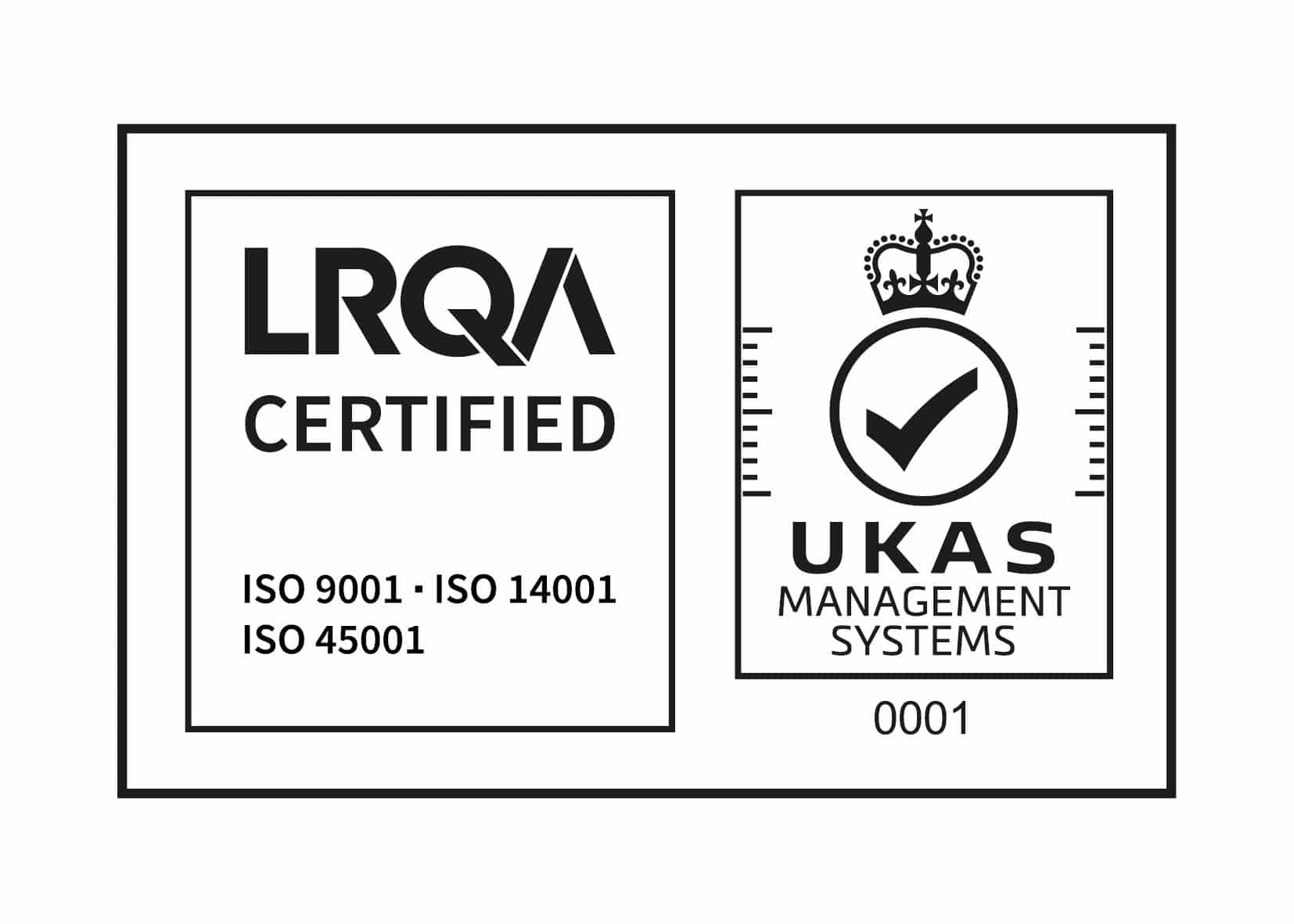The shipping industry transports around 11 billion tons of goods every year – that’s 1.5 tons for every person on the planet. The total value of the annual world shipping trade is believed to have reached an eyewatering $14 trillion, whilst still being the cheapest mode of transportation per ton. It allows a large number of goods to be transported cheaply, and with a minimal environmental footprint.
However, there is still an environmental footprint, and whilst the industry is huge, there are some ethical issues with the shipping industry that cause concern. Whilst much of the business is done at sea and therefore away from the eyes of the general public, there is still a pressing need for a robust set of ethics within the shipping industry.
Here’s why, and how to make sure your shipping company is ethically sound:
What are ethics?
Definition
Before we examine ethics in the shipping industry, what do we mean generally by ethics? The word is derived from ancient Greek and literally translates as ‘morals’.
Ethics are defined as a set of moral principles and values that guide individuals and organizations in distinguishing right from wrong, although not in a legal sense. Ethics are concerned with what is good or bad, and what is right or wrong in conduct, character, and values.
Ethics go beyond legal requirements and involve making decisions and taking actions that are fair, just, and respectful of all stakeholders involved. In essence, ethics are the foundation of how people and organizations should behave towards each other and the environment.
Legality & Ethical behavior
Ethics – it is by definition a grey area, and what is lawful may not be ethical! Ethics is not always straightforward, and it can be challenging to determine what is right or wrong in certain situations. While some actions are clearly illegal, not all unethical behavior is necessarily illegal, and not all legal actions are necessarily ethical.
Therefore, it is important to recognize that ethics is not always black and white, and what is considered ethical may vary based on personal beliefs, cultural norms, and societal expectations. This is why it is essential to have a robust set of ethical guidelines to help guide decision-making and ensure that actions are fair, just, and respectful of all stakeholders involved.
Importance of ethics in shipping
Health and Safety
Shipping companies have a responsibility to prioritize the health and safety of their workers. The nature of the shipping industry means that workers often work in challenging conditions, including long hours and extreme weather conditions. Workers may be required to work at heights, with heavy machinery, or in confined spaces, all of which pose significant health and safety risks. Therefore, it is critical to ensure that workers are adequately trained, provided with suitable protective equipment, and given the necessary resources to manage these risks. It is essential that companies operating in this space take steps to ensure that their operations are safe and do not pose a risk to their employees, customers, or the environment.
One of the most important ways in which companies can promote ethics and safety is by developing and enforcing robust safety policies and procedures. This can include regular safety training, the use of appropriate personal protective equipment, and ensuring that workers are not subjected to exploitative practices such as excessive working hours or being forced to work in unsafe conditions.
Moreover, ethical practices can also help in preventing and responding to accidents and emergencies. Companies that have a culture of safety and ethics are more likely to have contingency plans in place to manage emergencies and prevent accidents from happening in the first place.
Environmental impacts of unethical shipping practices
In addition to health and safety concerns, ethical business practices also play a critical role in protecting the environment. The shipping industry is a significant contributor to greenhouse gas emissions, which contribute to climate change. Therefore, it is essential to ensure that ships are designed, built, and operated in an environmentally sustainable manner. This includes implementing measures to reduce emissions, such as using cleaner fuels, optimizing vessel performance, and reducing waste.

Reputation and public trust
Any industry in which someone operates unethically is at risk of developing a negative reputation, which is a risk. The more companies in the shipping space willing to operate unlawfully, the worse the industry will be seen by those from the outside. Consider the same of the logging companies in the rainforests of South America – many will be operating ethically but because many do not, the words ‘logging’ and ‘rainforest’ instantly conjure up an image of an unethical industry. If within the shipping industry, companies act unethically, then the whole industry can suffer, not least because bribery and corruption have been previously reported.
In addition to protecting the safety of employees and the environment, ethical practices in the shipping industry can also help to prevent negative social and reputational impacts. For example, incidents such as oil spills or worker exploitation can result in significant negative publicity and damage to a company

Ethical business practices in modern industries
Ethical practices are also becoming the norm in other industries, and large customers and investors may well be looking for companies who behave ethically towards their staff as well as others when selecting contracts, as it reflects on them. For instance, a company with a stringent ethical code and ESG (environmental, social, and governance) policy will create trust in its stakeholders and potential clients. Indeed, ethics does not only stretch to business practices in terms of corruption but also the release of greenhouse gasses, fair treatment of workers, and managing potential future risks.
How to become more ethical
Improving ethics
If you’re a CEO within the shipping industry, you may wish to know how you can become more ethical. Perhaps you operate ethically but would like to expand on that, given the global trend towards ethical practices. In this instance, employing the services of a project manager to oversee the company’s ethical working practices would be a great start. A project manager will usually have highly transferable soft skills, such as communication and organization, which will allow an ethics policy to be built for your company, reaching into different departments. It’s imperative to have a singular point of reference for ethical practice, as it typically encompasses several departments, from HR to acquisition. From there, you can ask that individual with liaising with all stakeholders for a more ethical business.
Collaboration
Here are some steps companies can take to become more ethical in the shipping industry through collaboration:
- Join industry initiatives: Companies can join initiatives to collaborate with other stakeholders, share best practices, and drive industry-wide change.
- Collaborate with suppliers and customers: Companies can collaborate with their suppliers and customers to promote ethical practices throughout the supply chain.
- Share information and knowledge: Companies can share best practices and lessons learned with industry peers, or collaborate on research and development to find more sustainable shipping solutions.
- Adopt ethical codes of conduct: Companies can adopt ethical codes of conduct that outline their commitments to sustainability, social responsibility, and ethical practices.
Overall, collaboration is key to promoting ethical practices in the shipping industry. By working together, companies can create a more sustainable and responsible shipping industry that benefits everyone involved.
How to spot a company with strong ethics
Similarly, if you’re in the industry and want to root out those less ethical companies, there are some red flags that are worth keeping an eye out for. One is a lack of regular communication, as a company that does not operate ethically will often not wish to draw attention to themselves or their practices. Another red flag is high employee turnover, as staff discovers the company is unethical and move on quickly. Other things to look out for include rising costs not related to fuel charges and frequently missed or delayed shipments.
Written by Jaelyn Pascal
Frequently Asked Questions About Ethics in Shipping
- Environmental impact
- Worker safety
- Corruption
- Exploitation
- And more
Shipping companies can promote ethics by prioritizing the health and safety of their workers, developing and enforcing robust safety policies and procedures, and implementing measures to reduce emissions and operate in an environmentally sustainable manner.
Operating ethically is important for the shipping industry because it helps to protect the safety of employees and the environment, prevent negative social and reputational impacts, and build trust with stakeholders and potential clients.
Ethical practices in the shipping industry are closely tied to sustainable development goals, as they prioritize the health and safety of workers, promote environmental sustainability, and seek to prevent negative social and reputational impacts.
Focus on data to make effective decisions
Discover our modules
Environmental Monitoring
Monitor air quality in real-time, be alerted when a threshold is reached & easily comply with regulation thanks to the automated reports.
Monitor water quality in real-time, predict and avoid water pollution & comply with regulations thanks to the automated reports.
Deliver a preliminary metocean analysis and the associated report in jut a few minutes.
You may also be interested by those others environment application :






